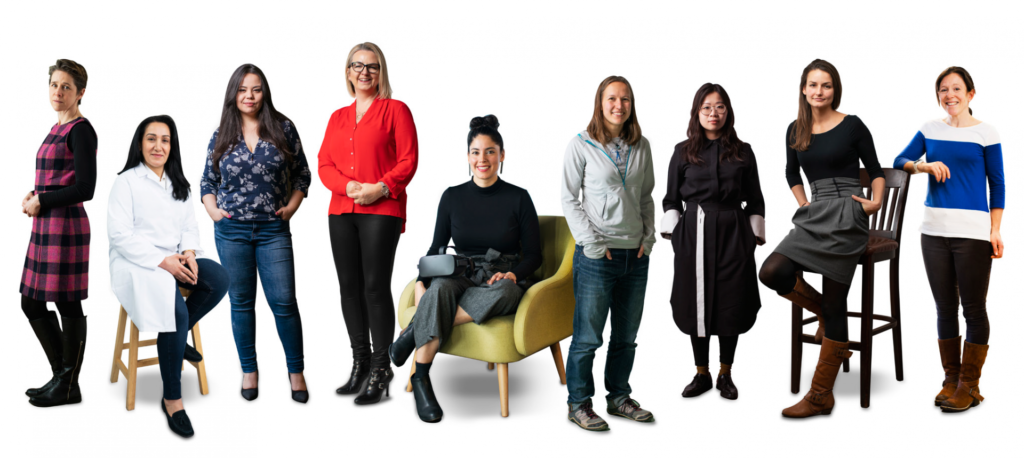In order to prepare for a digital future that works for everyone, more female engagement is essential at all phases of the tech product and policy creation process, according to innovators and industry professionals.
Sandrine Chauvin, LinkedIn’s EMEA Director, said at the G20 Women’s Forum in Milan in October that women were significantly underrepresented in some of the areas that are only going to grow in importance as the technological age progresses and in the context of the pandemic’s rapid digitalization.
According to LinkedIn data, women presently account for 14.2 percent of the cloud computing workforce, for example, but “these roles – cloud computing, AI, data, engineering – are precisely the roles that are crucial in shaping all aspects of our lives…we need women’s voices represented at this formative stage and this starts with women in STEM.”
Women continue to be underrepresented in the sectors of technology and digital media, with the gender divide typically developing at a young age. Those working in the field argue that ensuring that women and girls pursue jobs and education in science, technology, engineering, and mathematics (STEM) can pave the way for a much more inclusive and functional technology development process.
They emphasize that encouraging women’s participation in all stages of the research, policy formulation, and product development processes can assure better and less biased findings and implications, in addition to helping to more equitable places of work and education. This is especially true when dealing with technology like AI, which could have far-reaching societal implications.
Berta Herrero Estalayo, Huawei’s senior EU public relations manager, told audiences at the company’s Talent Summit in Helsinki last week that women must be included at all phases of product development.
Ahead of the Commission’s AI Act’s April debut, MEPs from the European Parliament’s culture and education committee urged for the creation of a framework to “reduce gender, social, and cultural bias.”
According to Herrero Estalayo, ensuring strong female representation from inception to end could help to reduce the presence of these prejudices in technology.
However, Leva Šalnaitė, Lithuania’s representative at this year’s Huawei Summer School for Female Leadership in the Digital Age, said that attempts to increase women’s involvement in technological domains should not be limited to those with STEM backgrounds.
Women with expertise in the humanities and social sciences should be represented in policymaking and product development, she said, because their knowledge and experience are crucial when it comes to interpreting and explaining data and predicting the societal implications of technology in ways that a purely scientific approach might not be able to.
Despite a number of ongoing EU programs aimed at increasing women’s participation in technology and innovation, progress is gradual.
Only Bulgaria, Greece, and Romania have more than 25% of the ICT workforce, according to the 2021 Digital Economy and Society Index (DESI), which measures EU countries’ progress toward the Commission’s Digital Decade goals, one of which is ensuring convergence between men and women in both general and specialist digital skills.
The European Innovation Council (EIC) of the European Commission has focused on encouraging the funding of female-led startups developing emerging technologies in order to close the gender gap in innovation, which sees only 15% of start-ups founded or co-founded by women receive significantly less venture capital funding than their male-led counterparts.
The Commission established the Women TechEU project in July as part of the Horizon Europe program, which funds research and innovation across the EU, with the goal of bridging the gender gap by providing early-stage financial grants of €75,000 to deep tech start-ups founded by women.
To address the gender gap in research alongside innovation, eligibility criteria have been added to Horizon Europe funding, requiring universities and research bodies to establish gender equality plans and incorporate gender dimensions into scientific research in order to qualify for public financing.
Mariya Gabriel, Commissioner for Innovation, Research, Culture, Education, and Youth, stated during the G20 Forum that a multi-pronged strategy would be required to address women’s underrepresentation and the lack of gender concerns.
“We don’t need big strategies, we need small actions with added value”, she said. “We need a critical mass of those actions.”

Source: Euractiv
